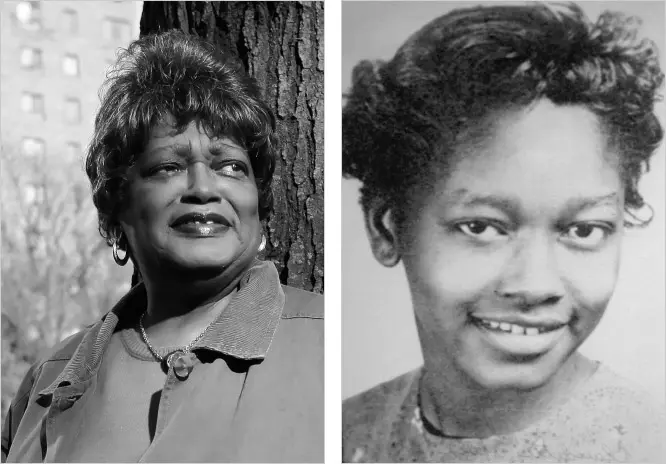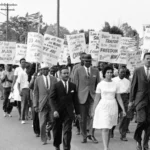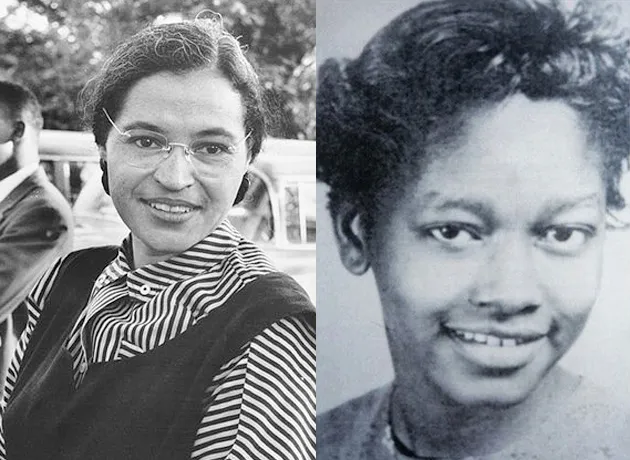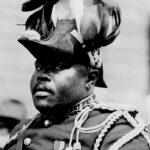In the annals of American history, Claudette Colvin stands as an unsung hero whose courage and resilience left an indelible mark on the civil rights movement. This biography explores the life, family, achievements, and lasting contributions of Claudette Colvin—a trailblazer who challenged racial segregation long before the renowned events of the civil rights era.
Early Life and Family: Claudette Colvin was born on September 5, 1939, in Montgomery, Alabama. Raised in a modest family, Claudette’s parents instilled in her a sense of dignity and self-worth in the face of systemic racism. Her family’s resilience became a wellspring of strength that would guide her through the challenges that lay ahead.
Segregation and Early Activism: Growing up in the deeply segregated South, Claudette witnessed the pervasive injustice that permeated every facet of daily life. Determined to confront the racial inequalities around her, she joined the local NAACP Youth Council, where she found inspiration and a platform to express her discontent with the status quo.
Fateful Bus Ride – March 2, 1955: Claudette Colvin’s name became etched in history on March 2, 1955, when, at the age of 15, she refused to give up her seat on a bus to a white person. This act of defiance, nine months before Rosa Parks’ similar act, marked one of the earliest challenges to Montgomery’s segregated bus system.
Arrest and Legal Battle: Claudette’s refusal to yield her seat led to her arrest. Despite facing intimidation and condemnation from the community, she bravely pressed on. Her case, Browder v. Gayle, ultimately went to court, challenging the constitutionality of segregated buses in Montgomery.
Contributions to Black History:
- Legal Precedent:
- Claudette Colvin’s case played a pivotal role in legal efforts to dismantle segregation. The Browder v. Gayle case, which included her testimony, resulted in a federal court ruling declaring segregation on Montgomery buses unconstitutional.
- Influence on Civil Rights Leaders:
- Claudette’s defiance and bravery had a profound impact on emerging civil rights leaders, including Rosa Parks and others who would later lead the Montgomery Bus Boycott. Her actions contributed to the momentum that fueled the broader civil rights movement.
- Educational Advocacy:
- Later in life, Claudette Colvin became an advocate for education, encouraging young people to learn about their history and appreciate the sacrifices made by those who fought for civil rights.
Later Life: Claudette Colvin moved to New York City, where she worked as a nurse’s aide and raised her son. While her pivotal role in the civil rights movement was acknowledged by scholars and historians, she did not gain widespread recognition until later years.
Legacy: Claudette Colvin’s legacy is one of courage, tenacity, and unyielding determination. Her early act of resistance set the stage for monumental changes in the fight against racial segregation. As we reflect on black history, Claudette Colvin’s story reminds us that ordinary individuals can spark extraordinary change.
Conclusion: Claudette Colvin’s journey, from a courageous teenager on a Montgomery bus to an icon in the struggle for civil rights, exemplifies the power of individual conviction to shape history. Her contributions continue to resonate, urging us to remember that the fight for justice often begins with a single act of courage. Claudette Colvin’s name deserves to be celebrated as a trailblazer in the ongoing pursuit of equality and justice.





